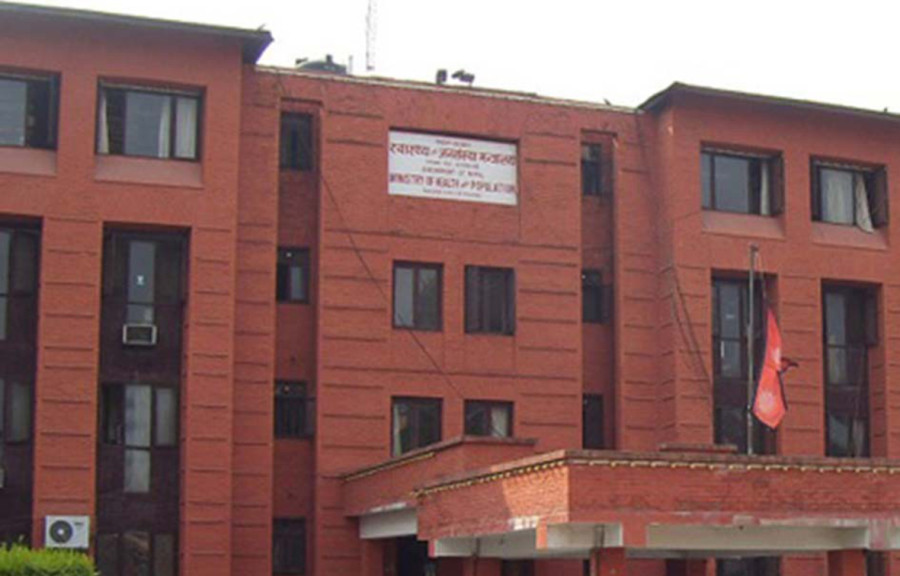Health
Health Ministry prepares ‘basic health service package’ to ensure health care to patients
Once endorsed, patients can even file lawsuits against the government health facilities that deny the services.
Arjun Poudel
The Ministry of Health and Population has prepared a ‘basic health service package’, which includes 200 services that must be provided by the state-run health facilities to the needy for free of cost.
Once the package is endorsed by the Cabinet, all state-run health facilities across the country must ensure free basic and emergency health services to patients.
“Patients can even file lawsuits against health facilities if they are denied the services under the package,” Taranath Pokhrel, director at the Curative Service Division under the Department of Health Services, told the Post. “The court can fine the health facilities up to Rs 50,000 for denying services under the package.”
The basic health service package is in line with the constitutional provision that guarantees basic health care to all citizens. The new Public Health Act also says that patients have the right to get free basic and emergency health services from all state-run health facilities.
The government has been providing several services included in basic health service package from the state-run health facilities. However, most of the state-run health facilities lack various essential services and medicines that are meant to be distributed free of charge.
“Health facilities cannot say they lack medicines or manpower once this package is endorsed,” said Pokhrel. “They will have to be accountable and ensure that all the services mentioned in the package are available to patients.”
The division has included several medicines of non-communicable diseases—diabetes, hypertension, mental health problems, respiratory diseases, eye, nose, ear and throat diseases, and cholesterol problems—in its free distribution programme, as the prevalence of non-communicable diseases surpass the communicable ones.
According to a study on Nepal Burden of Disease, conducted in 2017, two out of every three deaths in Nepal are caused by non-communicable diseases—heart disease, chronic obstructive pulmonary disease, lower respiratory infection and stroke.
“Now the number of medicines that need to be distributed for free of cost has reached 93 from 70, which all state-run health facilities should provide to patients,” said Dr Prakash Budathoki, chief of Basic Health and Emergency Health Service at the division. “We have also included several lab services in the basic health service package.”
As per the new provision, the government-run health facilities have to provide free tests for blood pressure, blood sugar, HIV and Malaria, among others.
Similarly, all government health facilities have to provide free emergency services. Patients will not have to pay for doctors’ fees, medicines and lab tests.
If a patient’s condition is serious and the health facility cannot provide treatment, the medical officials will have to refer the patient elsewhere without any delay. “All health facilities have to create emergency treatment funds to ensure free ambulance service for patients who cannot afford it,” said Budathoki. “Respective local governments can also contribute to such funds.”
The Health Ministry has estimated that Rs33.43 billion will be needed to ensure free basic and emergency health service from the state-run health facilities.
Budathoki said the state will not have to bear an additional financial burden to run the free basic and emergency health services, as the government has already been allocating budget to run many of the free health services such as medicine distribution and child delivery services.




 9.83°C Kathmandu
9.83°C Kathmandu















